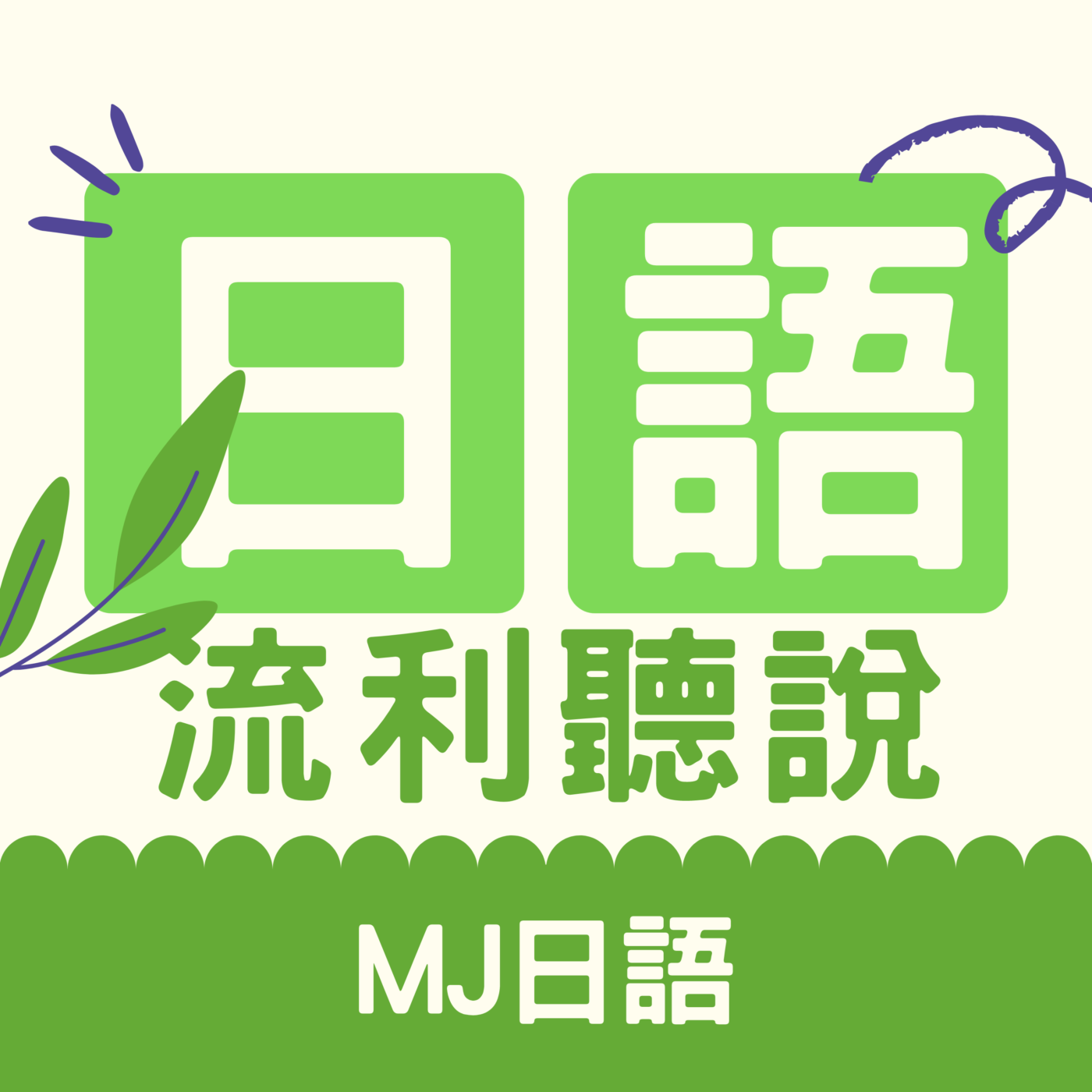在日語會話中,「~だけど」是非常常見的轉折語,意思類似英文的 but / however / although。不管是和朋友聊天、寫訊息,還是在工作場合,幾乎每天都用得到它。本篇會用簡單又生活化的方式,讓你一次搞懂「だけど」和更禮貌的「ですけど」怎麼用,還有一些日常對話會出現的變化,保證你學完馬上就能派上用場!
In Japanese conversation, ~だけど is one of the most common connectors, similar to but / however / although in English. Whether you’re chatting with friends, texting, or in a work setting, you’ll probably use it daily. This guide will explain how to use だけど and the more polite ですけど in a simple, real-life way, plus some variations you’ll hear in everyday conversation—so you can start using it right away!
文型解說
| 項目 | 解說(繁體中文) | Explanation (English) |
|---|---|---|
| 格式 Form | 普通形+だけど(口語)、 普通形+ですけど(禮貌)、 普通形+んだけど/のだけど(語氣更柔和) | Plain form + だけど (casual), plain form + ですけど (polite), plain form + んだけど/のだけど (softer, explanatory) |
| 意思 Meaning | 1. 轉折(雖然…但是…) 2. 句尾保留、暗示 3. 引入話題(關於…) | 1. Contrast (although, but) 2. Sentence-ending implication 3. Topic introduction (regarding…) |
| 接續方式 How to attach | 動詞普通形+だけど/ですけど い形容詞普通形+だけど/ですけど な形容詞詞幹+だけど/ですけど 名詞+だけど/ですけど | Verb plain form + だけど/ですけど i-adjective plain form + だけど/ですけど na-adjective stem + だけど/ですけど Noun + だけど/ですけど |
| 常見搭配詞 Common patterns | でも…だけど(但還是…)、 ~たいんだけど(我想…但是…)、 ~なんですけど(關於…) | でも…だけど (but still…), ~たいんだけど (I want to…but…), ~なんですけど (regarding…) |
例句練習
| 日文 | 繁體中文 | English |
|---|---|---|
| このケーキはおいしいだけど、ちょっと高い。 | 這個蛋糕很好吃,但有點貴。 | This cake is delicious, but a little expensive. |
| 日本は好きですけど、冬は寒すぎます。 | 我喜歡日本,但是冬天太冷了。 | I like Japan, but winter is too cold. |
| 明日の会議なんですけど、時間が変更になりました。 | 關於明天的會議,時間已經更改了。 | Regarding tomorrow’s meeting, the time has been changed. |
| 行きたいんだけど…。 | 我是想去啦,不過… | I want to go, but… |
| それは知ってますけど…。 | 我知道啦,但是… | I know that, but… |
文法重點小結
繁體中文:
- 「だけど」→ 中性、口語常用
- 「ですけど」→ 禮貌用法,適合正式場合
- 句尾停在「けど」→ 有保留、暗示、讓對方接話的感覺
- 加上「ん/の」→ 語氣更柔和,更像在解釋
English:
- だけど → casual, neutral, common in conversation
- ですけど → polite form, good for formal situations
- Ending with けど → leaves things unsaid, invites a response
- Adding ん/の → softens tone, feels more explanatory



